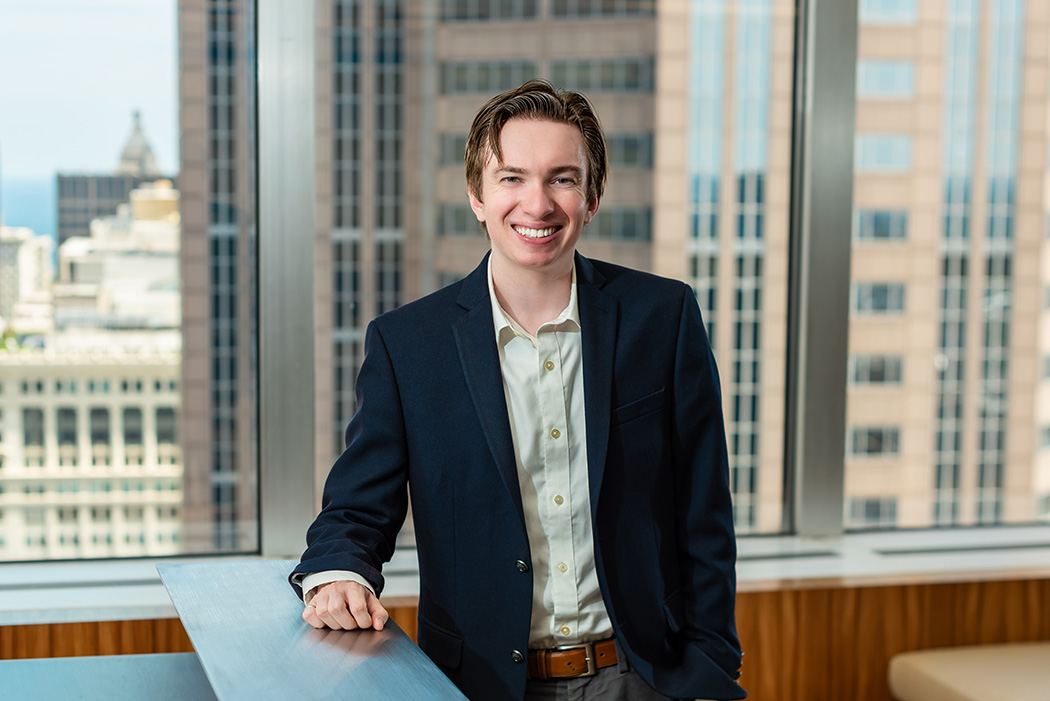AI News Roundup – AI safety global summit, deepfake crackdown, EU AI regulation criticism, and more
- September 23, 2024
- Snippets
Practices & Technologies
Artificial IntelligenceTo help you stay on top of the latest news, our AI practice group has compiled a roundup of the developments we are following.
-
- The Biden administration announced this past week that it will convene a global summit focused on AI safety, according to reports from Reuters. The summit, scheduled for November 20-21 in San Francisco, will be the first meeting of the International Network of AI Safety Institutes. U.S. Secretary of Commerce Gina Raimondo and Secretary of State Anthony Blinken will host the event, which aims to advance global cooperation on the safe, secure and trustworthy development of AI. Participating nations include Australia, Canada, the European Union, France, Japan, Kenya, South Korea, Singapore, Britain and the U.S. The summit comes as part of broader efforts by the U.S. government to address AI regulation and safety concerns, including recent proposals for detailed reporting requirements for advanced AI developers. This initiative also reflects growing international recognition of the need for coordinated action on AI safety and governance in the face of rapid technological advancements and potential risks.
-
- California Governor Gavin Newsom has signed into law a bill aiming to crack down on the use of “deepfakes,” AI-created false images or videos, in election campaigning, according to the Associated Press. The new legislation, effective immediately, makes it illegal to create and distribute election-related deepfakes within 120 days before and 60 days after an election and aims to safeguard electoral integrity by combating disinformation. Two related bills taking effect next year require social media platforms to remove such deceptive content and mandate political campaigns to disclose when they use AI-altered materials in ads. These measures position California among the first in the nation to regulate AI in elections and are part of a response to growing concerns about AI’s potential to manipulate public opinion, with Newsom emphasizing the importance of maintaining public trust in the current polarized political climate. Additionally, the governor signed two bills protecting Hollywood performers from unauthorized AI use, further extending California’s efforts to address the broader implications of AI technology.
-
- Meta CEO Mark Zuckerberg, along with a group of American and European corporate executives, has written an open letter criticizing the European Union’s AI regulations and calling for reforms, according to The Wall Street Journal. The open letter, signed by industry leaders from Meta, the German industrial conglomerate ThyssenKrupp, and the Italian fashion group Prada, among others, said that “Europe has become less competitive and less innovative compared to other regions and it now risks falling further behind in the AI era due to inconsistent regulatory decision making.” Specifically, the letter calls for a “harmonization” of regulations modeled after the EU’s General Data Protection Regulation (GDPR) to ensure that “that AI innovation happens [in Europe] at the same scale and speed as elsewhere.” Meta, as well as other tech giants such as Apple, have delayed the rollout of AI features in their products in the European market, blaming regulatory uncertainty as well as restrictions on the use of training data due to data privacy concerns.
-
- The United Arab Emirates has been positioning itself to be a major player in the global AI race, fueled by competition between the U.S. and China, according to reports from Semafor. The U.S. recently approved the sale of advanced Nvidia AI chips to G42, a key UAE tech company, earlier this year, which came after extensive efforts by G42 to address U.S. concerns about technology transfer to China, including divesting from Chinese firms and implementing stringent security measures in its data centers. The UAE’s strategy involves significant investments in secure data infrastructure, partnerships with Western tech giants like Microsoft, and leveraging its nuclear power capabilities to potentially run massive AI data centers in the future. This move not only bolsters the UAE’s AI ambitions but also positions it as a conduit for U.S. technology in emerging markets, potentially countering Chinese influence in these areas. AI-related investment has exploded in the Gulf states in recent years, and some investors are floating a radical idea to abolish copyright in a UAE or Saudi Arabia “special economic zone” where AI companies could train AI models without the threat of lawsuits from publishers, artists, musicians, and others. These moves come ahead of a state visit by UAE President Sheikh Mohamed bin Zayed to Washington, D.C. this week, expected to focus on the UAE’s business and high technology-focused aspirations as the country attempts to lessen its economy’s dependence on oil revenue.
-
- Lionsgate, a major motion picture studio, has reached a deal with the AI startup Runway to allow for the training of AI models on Lionsgate’s library of films in exchange for a custom-built AI model that the studio will use for film production, according to The Wall Street Journal. This groundbreaking agreement marks the first of its kind for Runway and could set a precedent in the entertainment industry. The studio plans to initially use the AI tool for internal purposes such as storyboarding and eventually for creating backgrounds and special effects. The studio’s vice chairman, Michael Burns, anticipates significant cost savings from this partnership, saying that the company would save “millions and millions of dollars.” While Lionsgate was at first hesitant to make use of generative AI, especially given ongoing debates about AI’s relationship with art and copyright, the studio ultimately saw it as necessary to stay competitive. The custom AI model is not yet capable of generating video or images for final film production, but it is expected to streamline pre-production processes and potentially benefit lower-budget films. Lionsgate and Runway are considering licensing the generative AI model to other entertainment companies in the future.
-
- The Chinese technology conglomerate Alibaba Group has open-sourced many of its large language models (LLMs) in a push to assert itself in the global AI race, according to reports from Hong Kong’s South China Morning Post. At its annual Apsara Conference held in Hangzhou this past week, Alibaba Cloud announced the release of over 100 newly launched Qwen 2.5 LLMs to the global open-source community. The company also unveiled a new text-to-video model capable of generating high-definition videos up to 20 seconds long from both Chinese and English text prompts. Alibaba CEO Eddie Wu emphasized the company’s unprecedented investment in AI research and development, saying that Alibaba aims to establish future AI infrastructure for global customers. In a keynote speech, Wu said that he had high expectations for the future of AI technologies, saying that, eventually, “most things in the physical world will be equipped with AI capabilities.” These moves reflect Alibaba’s efforts to keep pace with global developments in AI and maintain its competitive edge in the rapidly evolving field.


